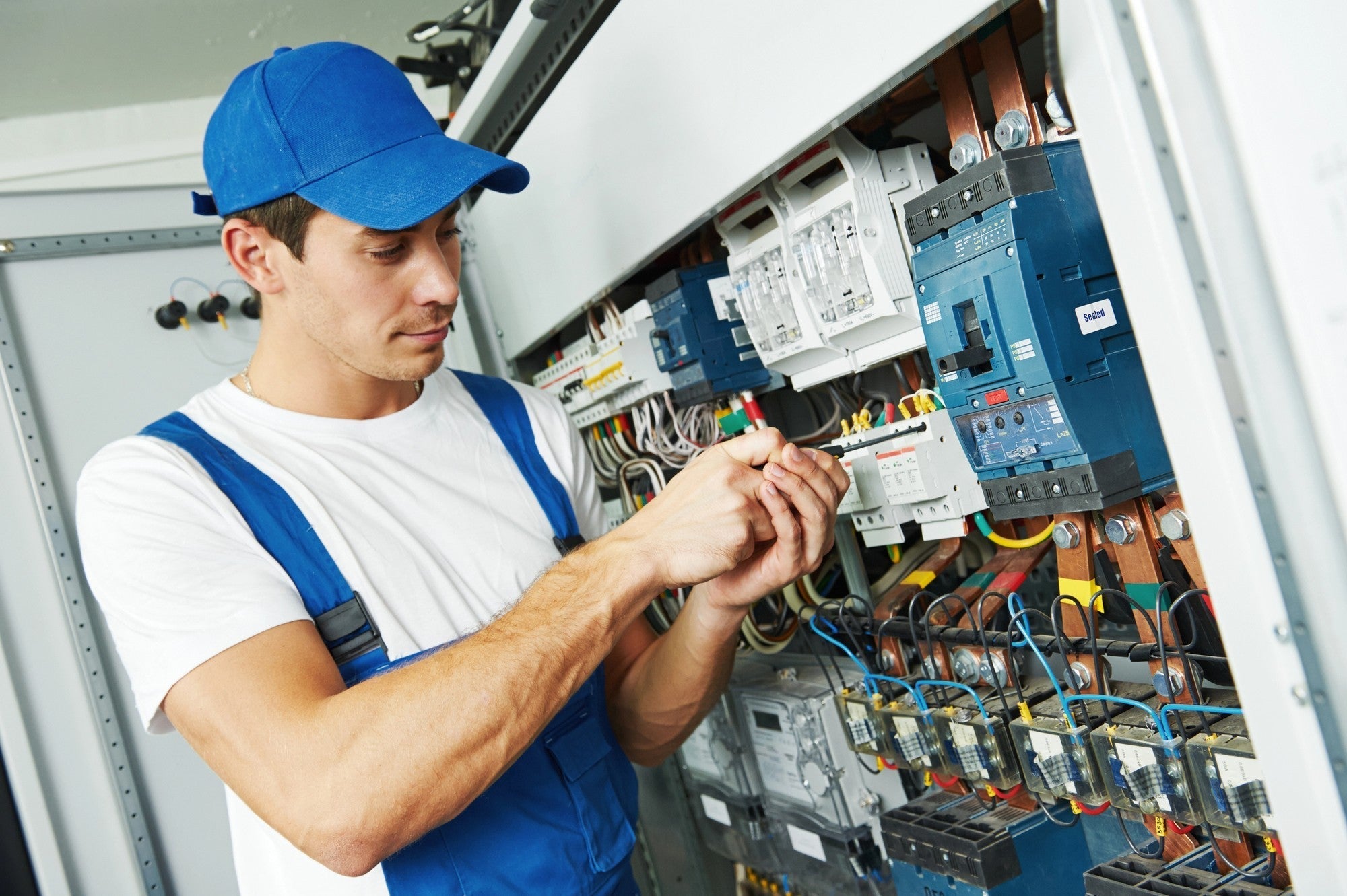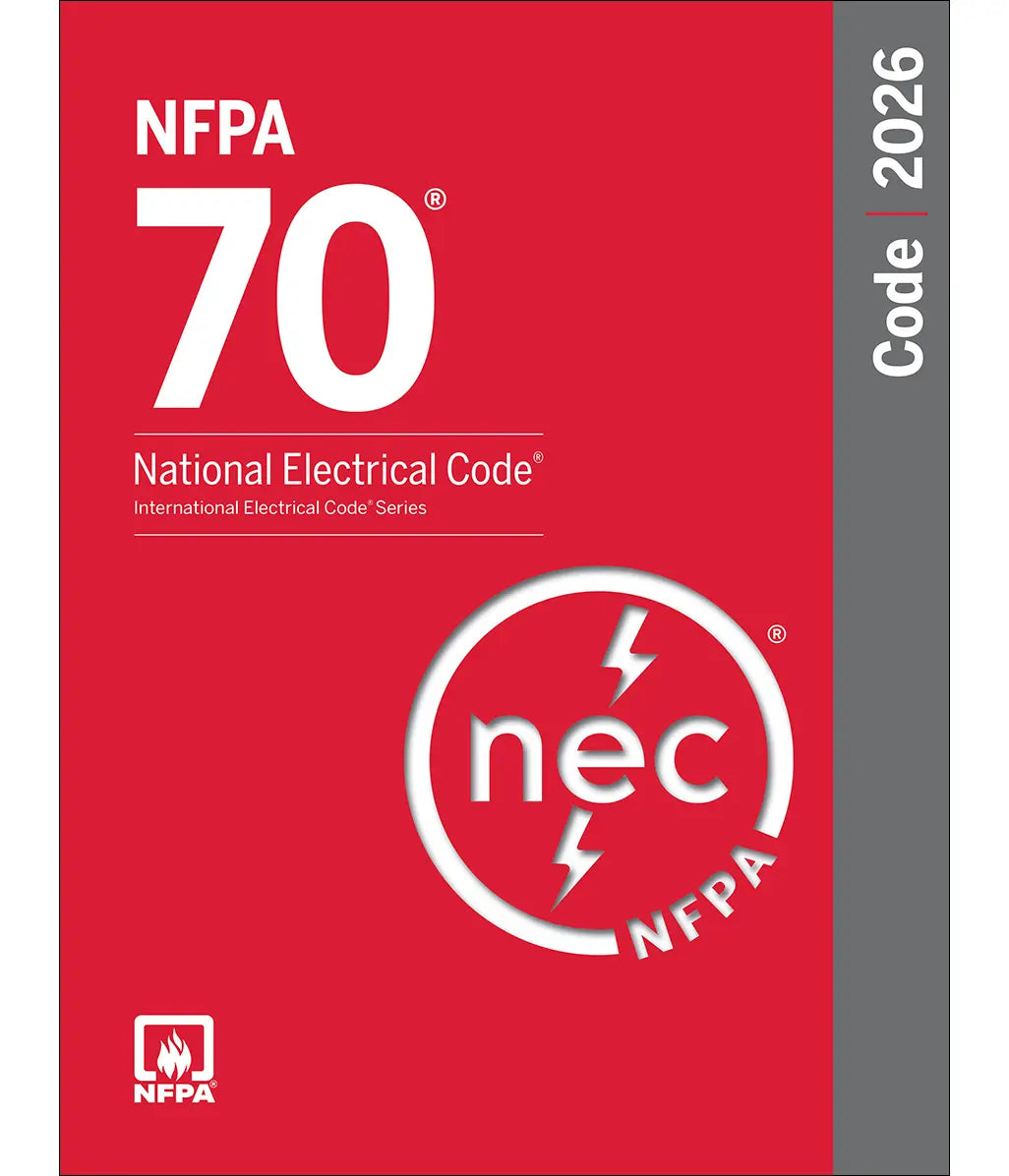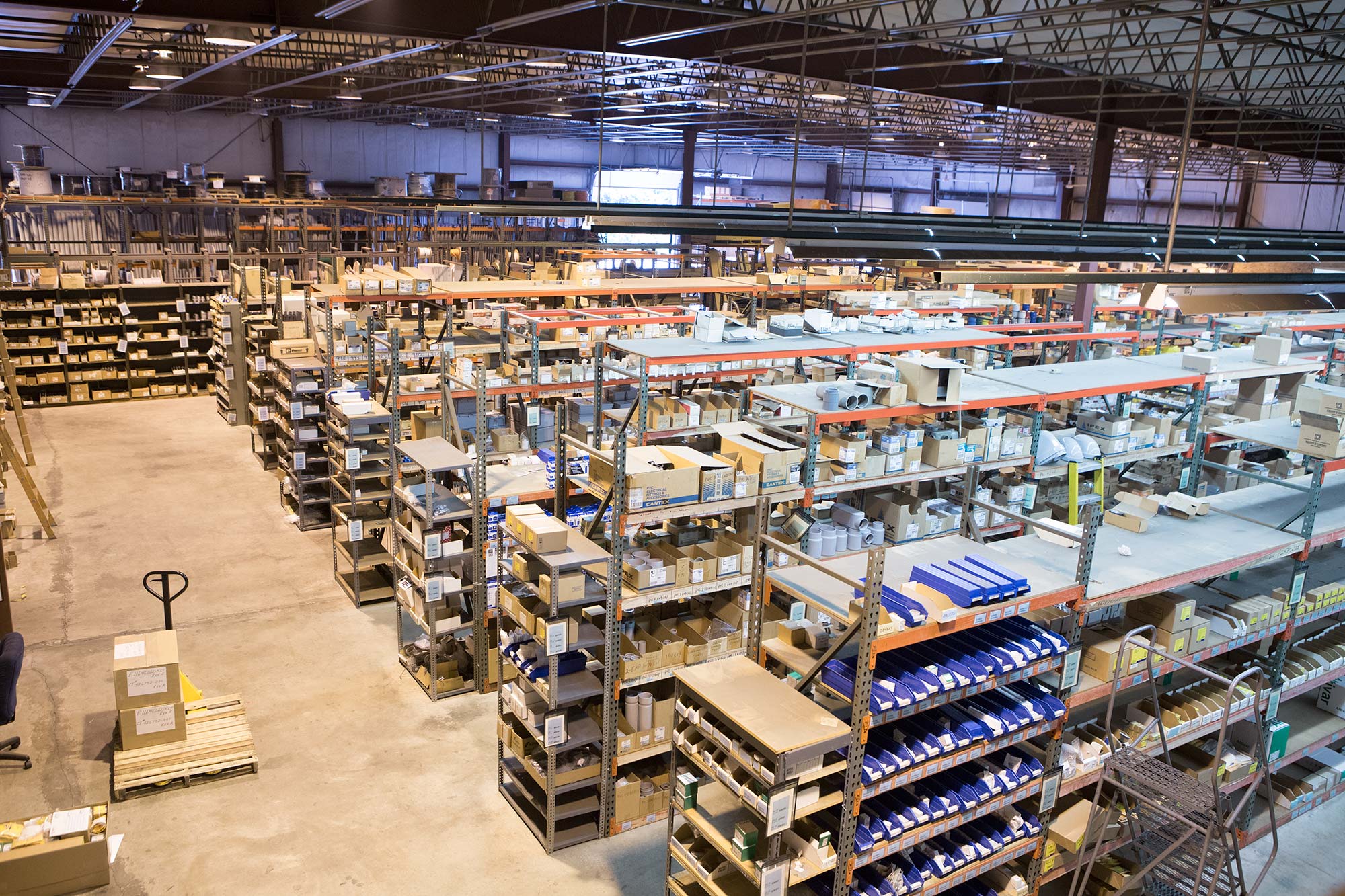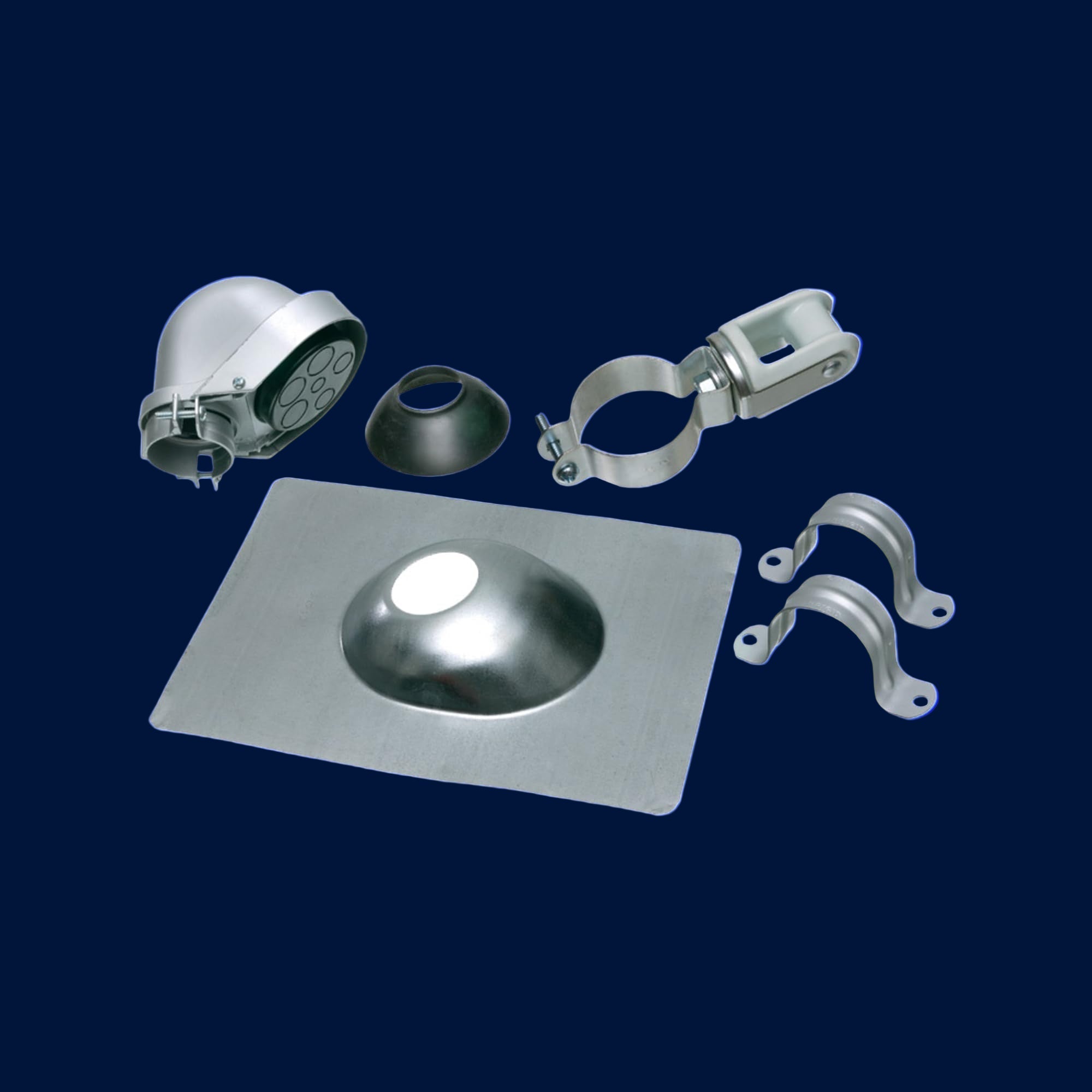Understanding the various types of electrical panels is crucial for ensuring your home's electrical system functions safely and efficiently. The right panel can prevent electrical hazards and support your power needs. In this guide, we will look further into the different types of panels to help you choose the best option for your specific requirements.
1. Main Breaker Panels
Main breaker panels are the primary electrical panels for homes and buildings. They contain a main breaker which functions to shut off power for the entire property. These panels are essential for providing overall electrical protection and control.
2. Main Lug Panels
Main lug panels require a separate disconnect at the meter or a separate location. They are similar to main breaker panels sans the main breaker switch. These panels are often used as subpanels or in situations where there is a main breaker elsewhere.
3. Subpanels
Subpanels extend the electrical system from the main panel to other parts of the house or property. They are ideal for large homes or buildings with multiple electrical needs. Subpanels help distribute power more effectively and provide additional circuit capacity.
4. Transfer Switches
Transfer switches are important for connecting backup generators to your home's electrical system. They safely switch the power source from the main grid to the generator during an outage. Transfer switches ensure that your essential appliances and systems remain operational during power failures.
5. Temporary Power Panels
Temporary power panels are used on construction sites or during renovations. They provide a safe and reliable power source for temporary setups. These panels are designed to be durable and easy to install and move.
6. Smart Panels
Smart panels integrate with home automation systems to provide advanced monitoring and control of your electrical usage. They offer features like remote access, energy consumption tracking, and automated power management. Smart panels are ideal for modern homes looking to optimize energy efficiency.
7. Solar-Ready Panels
Solar-ready panels are designed to integrate seamlessly with solar power systems. They include connections and features that make it easier to add solar panels in the future. These panels are an excellent choice for homeowners planning to transition to renewable energy.
8. Outdoor Panels
Outdoor panels are built to withstand harsh weather conditions and are used in outdoor electrical installations. They are typically used for outdoor lighting, pools, spas, and outbuildings. These panels are weatherproof and durable, ensuring safe electrical connections in exposed areas.
9. Combination Panels
Combination panels combine the functions of main breaker panels and subpanels into one unit. They offer the convenience of having all breakers in one location. Combination panels are suitable for homes with limited space for multiple panels.
10. Load Centers
Load centers distribute electricity to different circuits in your home. They contain circuit breakers that protect each individual circuit from overloads and short circuits. Load centers are a critical component of any residential electrical system.
11. Metering Panels
Metering panels house the utility meter and main service disconnect. They are typically installed outside the home and provide a central location for metering and disconnection. These panels are essential for utility service installations and maintenance.
12. AFCI Panels
Arc Fault Circuit Interrupter (AFCI) panels are designed to prevent electrical fires by detecting arc faults. These panels automatically shut off the circuit when an arc fault is detected, preventing potential fire hazards. AFCI panels are particularly important in older homes with outdated wiring.
13. GFCI Panels
Ground Fault Circuit Interrupter (GFCI) panels provide protection against electrical shock by detecting ground faults. These panels shut off the circuit when a ground fault is detected, ensuring safety in wet areas like bathrooms and kitchens. GFCI panels are essential for preventing electrical injuries.
14. Dual Function Panels
Dual function panels combine the features of AFCI and GFCI panels into one unit. They provide both arc fault and ground fault protection, ensuring comprehensive safety. These panels are ideal for areas that require both types of protection, such as kitchens and laundry rooms.
15. Industrial Panels
Industrial panels are designed for commercial and industrial applications, offering higher capacity and more robust construction. These panels can handle larger electrical loads and are built to withstand demanding environments. Industrial panels are essential for factories, warehouses, and other commercial buildings.
16. Surge Protection Panels
Surge protection panels safeguard your home's electrical system from power surges caused by lightning or other disruptions. These panels protect your appliances and electronics by absorbing and redirecting excess voltage. Surge protection panels are crucial for areas prone to frequent power fluctuations.
Choosing the Right Panel
When choosing the right electrical panel for your home, consider the size of your property, your electrical needs, and future expansion plans. Consult with a licensed electrician to determine the best type and size of panel for your specific situation. Safety and compliance with local codes should always be top priorities.
Understanding Panel Capacity
Electrical panels come in various capacities, measured in amperes (amps). Common residential panels range from 100 to 400 amps. The capacity you need depends on the size of your home and your power consumption.
Upgrading Outdated Panels
Outdated electrical panels are often found in older homes and they are unsafe and incapable in handling modern electrical loads. Upgrading to a new panel can improve safety and accommodate increased power needs. Look for signs of wear, such as frequent tripping breakers or flickering lights.
Safety Considerations
Ensure that your electrical panel is installed correctly and maintained regularly. Only qualified electricians should perform installations and upgrades. Regular inspections can help identify potential issues before they become serious problems.
Cost Considerations
The cost of an electrical panel varies based on its type, capacity, and features. It is important to budget for both the panel itself and the installation costs. Investing in a high-quality panel and professional installation can save you money on repairs and upgrades in the long run.
Temporary Power Solutions and More at Sonic Electric
At Sonic Electric, we offer reliable temporary power panels for construction sites and renovation projects. Our panels are designed for durability and ease of use, ensuring a safe and efficient temporary power setup. Browse our collection of temporary power panels, as well as our other power distribution products, and find the perfect solution for your needs today.







Share:
21 Clever LED Strip Lighting Ideas To Enhance Your Home's Appearance
Electrical Fittings: 15 Types You Need To Know